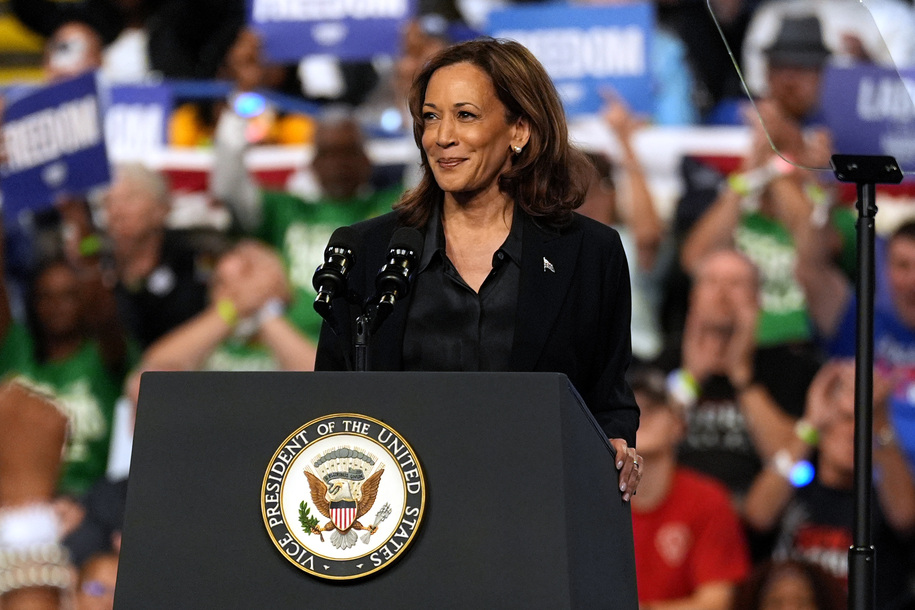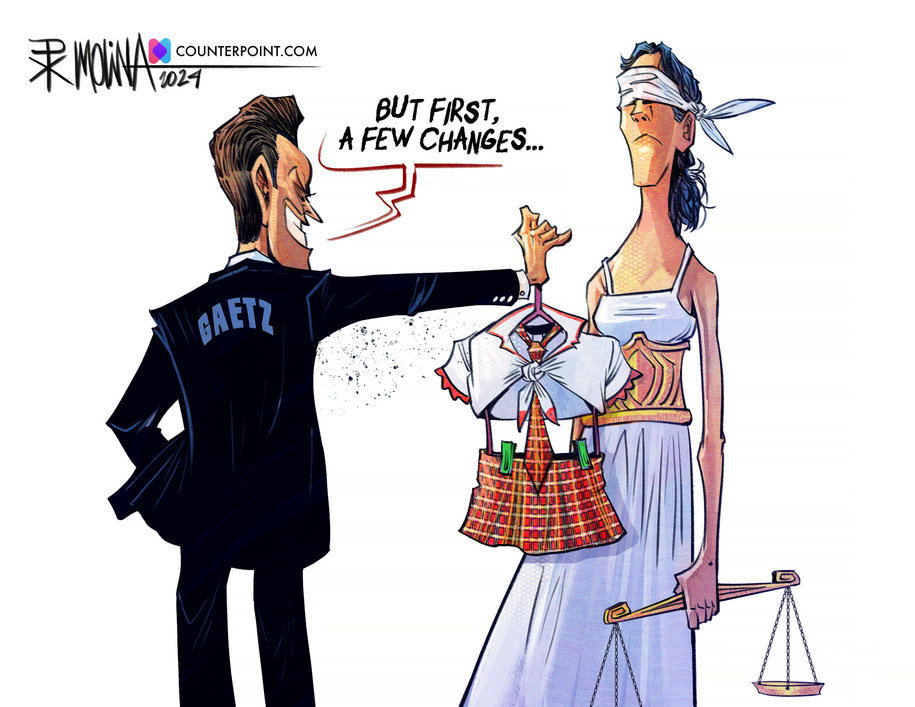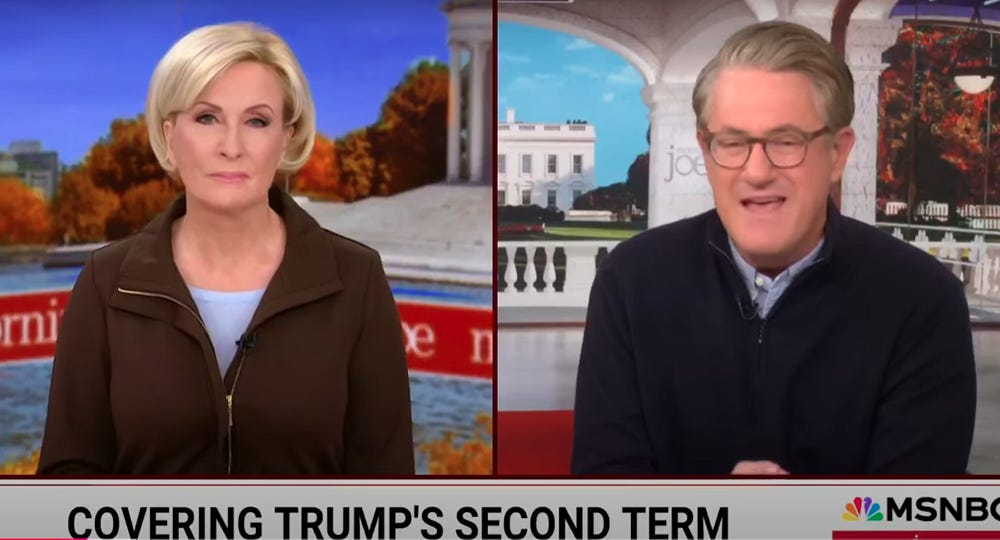Vice President Kamala Harris sat with CBS’ “60 Minutes” for a wide-ranging prime-time interview that aired on Monday night. Harris discussed her plans to improve the country if elected president, her personal views, and Donald Trump’s precedent-breaking decision to avoid the interview opportunity.
“60 Minutes” has been a mainstay of television news for over 55 years and has been the highest-rated newsmagazine show for the last 50 of those years. The show also has millions who consume its content via TikTok and YouTube, so an appearance by a candidate there can make an impression with a wide swath of the electorate—especially this close to an election.
In her interview with correspondent Bill Whitaker, Harris noted that while the economy has improved significantly since she and President Joe Biden took office in 2021, she intends to do more to address middle-class families if she is elected.
“Prices are still too high, and I know that, and we need to deal with it,” Harris said. “Part of my plan is what we must do to bring down the price of groceries.” Harris has proposed a ban on price gouging, which would prevent companies from making exorbitant profits on needed items like food and medicine.
Harris noted that her economic plan—including child tax credits, help for small businesses, and credit for first-time homebuyers—is targeted at the middle class, in contrast to Trump’s preference for cutting taxes for large businesses and billionaires.
“One of the things that I’m going to make sure is that the richest among us, who can afford it, pay their fair share in taxes,” Harris told Whitaker after he asked how she would pay for her proposals.
Addressing immigration, Harris reiterated her previous statements calling on Congress to pass a border security and reform bill (which Trump opposed). She noted that issues at the border are a “longstanding problem” and that the Biden administration has tried to address the issue, but that it needs congressional action.
The candidate also told CBS that she owns a Glock gun and has fired it at a shooting range. Harris has emphasized that she supports the Second Amendment, and that responsible gun ownership is paramount to public safety, citing her experience as a prosecutor in San Francisco.
Asked about Trump’s repeated racism, such as falsely claiming Haitian migrants are eating pets, Harris said, “I believe that the people of America want a leader who’s not trying to divide us and demean. The true measure of the strength of a leader is not based on who you beat down, it’s based on who you lift up.”
Minnesota Gov. Tim Walz, Harris’ running mate, also appeared on the program. Whitaker asked Walz to respond to Republican attacks alleging that Minnesota is out of step with the nation under his leadership. Walz explained that he has championed issues like providing free breakfast and lunch to school children and paid family and medical leave. He added, “Trump spends his time tearing down states rather than lifting up the best of what we do.”
Both Trump and running mate Ohio Sen. JD Vance were not on the program. “60 Minutes” host Scott Pelley told viewers that the Trump team’s absence was unprecedented in the 50-year history of the program interviewing the major party presidential candidates.
Pelley said the Trump team first agreed to do an interview, but then canceled, citing the network’s plans to fact check, which he reiterated the news program does for every story. Trump also said CBS needed to apologize for the 2020 interview that he cut short after getting upset at the questions he was asked by Leslie Stahl.
Trump’s refusal of CBS’ invitation echoes his decision to refuse engaging in a second debate with Harris. After their Sept. 10 debate, Harris was the consensus winner of the exchange across multiple polls. Since then, Trump has claimed victory and Democrats launched an ad campaign labeling him a “chicken.”
In her interview, Harris was asked about Trump’s unusual decision regarding “60 Minutes.”
“If he is not going to give your viewers the ability to have a meaningful, thoughtful conversation, question and answer with you, then watch his rallies,” Harris said. “You’re going to hear conversations that are about himself and all of his personal grievances. And what you will not hear is anything about you, the listener.”









